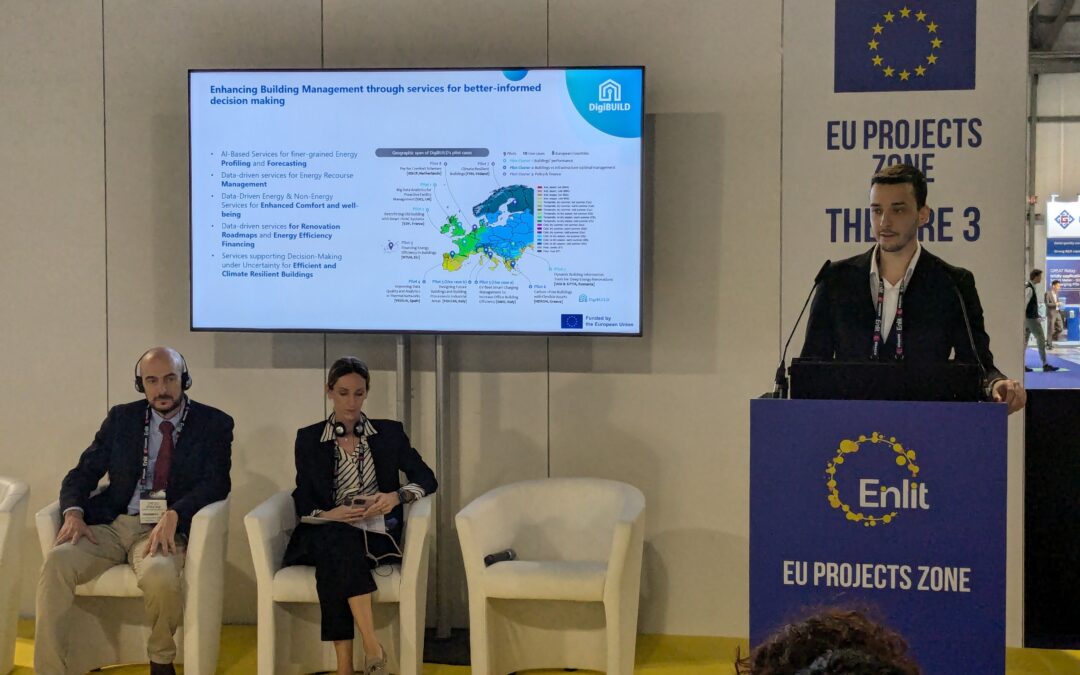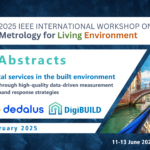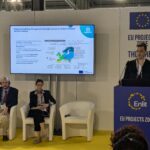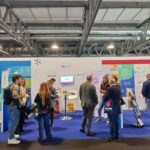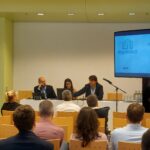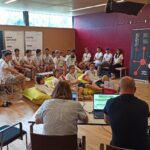During the joint workshop titled “Unlocking the Power of Smart Energy: A New Era in Efficiency, Flexibility, and Innovation”, organised by the Smart Energy Cluster at ENLIT 2024, the projects DEDALUS and DigiBUILD captivated the attention of industry experts and the general audience with their innovative solutions. Both projects showed how the integration of advanced technologies, data, and direct end-user involvement can revolutionise energy management and building operations, accelerating the transition toward sustainable and resilient models.
DEDALUS, presented by Engineering Sp.A. as the project coordinator, provided an overview of how data-driven tools can transform the residential sector into a driver of energy flexibility. The project focused on using cutting-edge technologies, such as Digital Twins and predictive analytics, to optimise energy consumption and enhance residential comfort.
Through its seven pilot projects in various European countries, DEDALUS is demonstrating how complex challenges can be addressed through tailored solutions. From demand response programs that balance energy consumption with comfort in senior residences to the smart management of energy communities, each pilot highlights the pivotal role of end-users. A key takeaway from the session was the importance of maintaining a continuous dialogue with residents when co-designing solutions that not only improve efficiency but also cater to people’s daily needs and overall well-being.
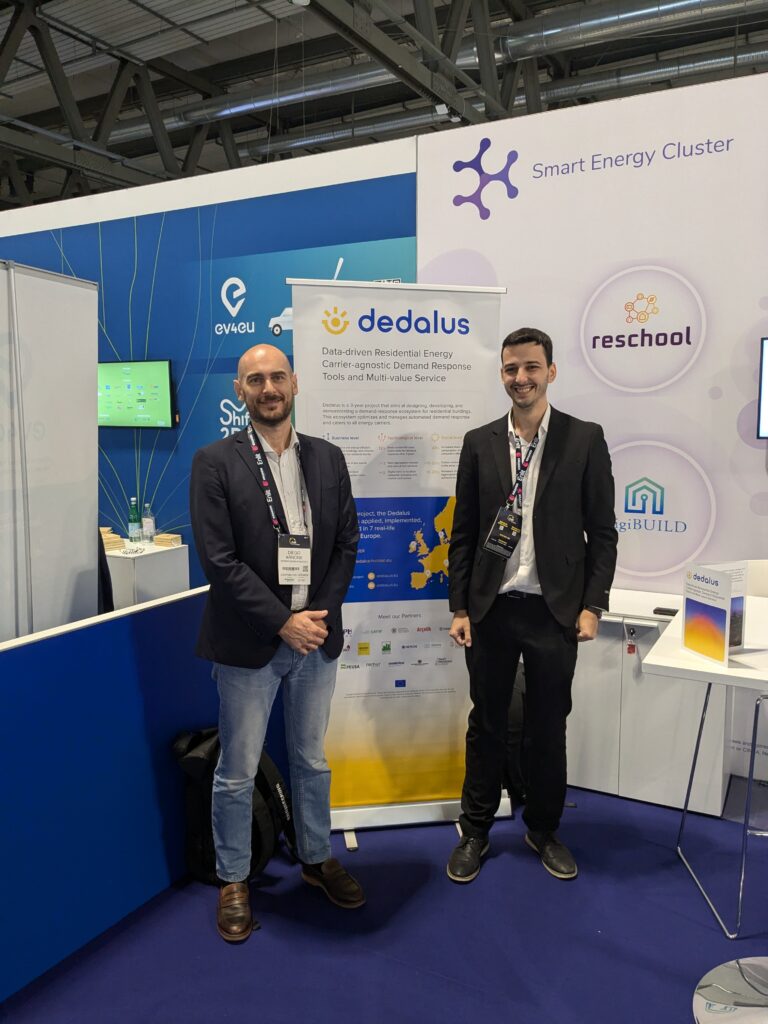
Similarly, DigiBUILD, represented by NTUA as the scientific coordinator, presented a complementary approach focusing on digitalisation to enhance energy management and ensure greater climate resilience in buildings. The AI-driven services developed by DigiBUILD not only enable the monitoring and forecasting of energy consumption but also provide practical tools to improve comfort and sustainability in living spaces. DigiBUILD’s digital twins are designed to integrate real-time data and offer personalised solutions for building managers, making operational management more efficient and transparent. The project is further distinguished by its focus on comfort performance contracts, a model that guarantees energy efficiency and comfort at predetermined cost, meeting the expectations of a wide range of stakeholders, from building managers to residents themselves.
Both projects highlighted the central role of end-user engagement in the success of their initiatives. Active participation from residents, occupants, and local stakeholders was not merely encouraged but fully integrated into the design and implementation processes. From nudging programs that foster virtuous behaviours through incentives and intuitive apps to co-creation methodologies and workshops with citizens, DEDALUS and DigiBUILD have demonstrated that meaningful change cannot occur without the full support and awareness of end-users.
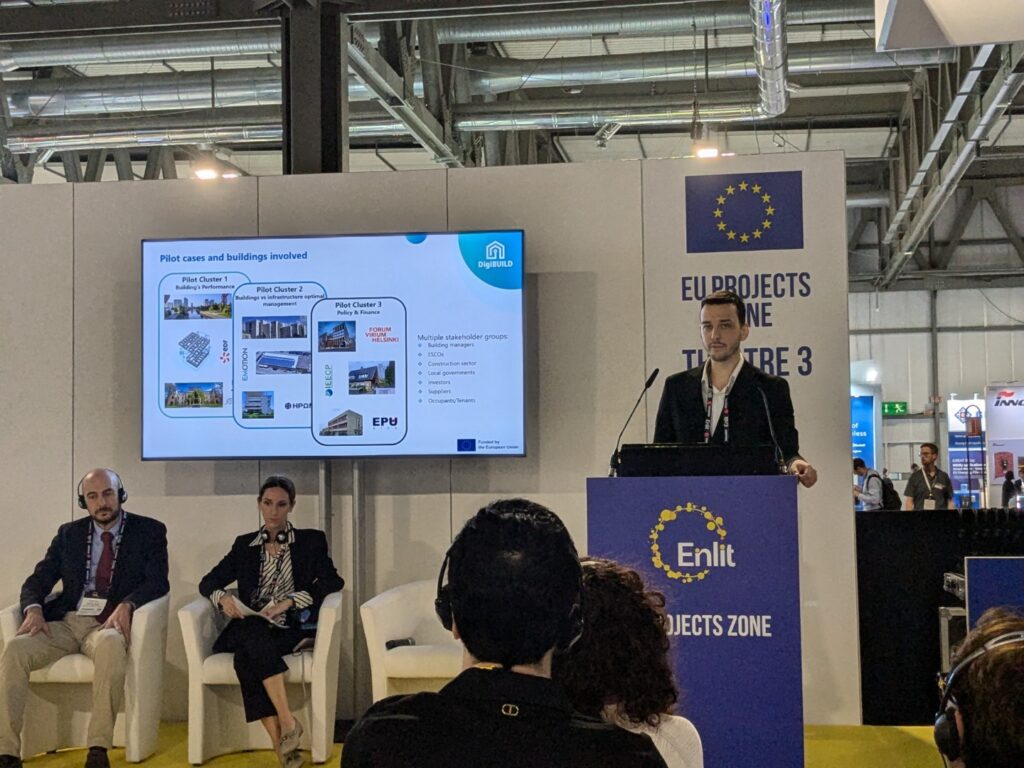
The other sessions in the workshop featured several projects from the cluster, each bringing a specific perspective that enriched the discussion. The InEExS project explored the use of blockchain to tokenise energy-saving data and improve models for integrated energy services. FORTESIE talked about advanced energy retrofit solutions and EPC (Energy Performance Contract) packages integrated with digital technologies. EU-MORE analysed the importance of accelerating the replacement of electric motors to reduce industrial energy consumption. RESCHOOL showcased tools for engaging energy communities through gamification and active demand management. Lastly, RESONANCE discussed the role of Customer Energy Managers and solutions for aggregating flexibility across multi-sectoral contexts.
The variety of contributions underscored the relevance of the Smart Energy Cluster as a platform for dialogue and exchange. The diverse and yet complementary approaches that were presented offered a broader perspective on the opportunities and complexities of building a more sustainable energy future.

